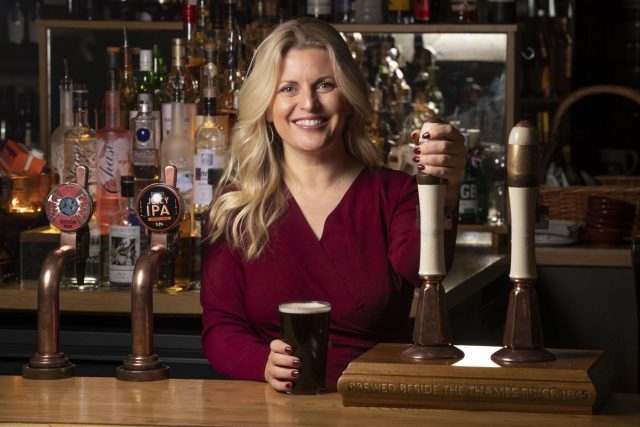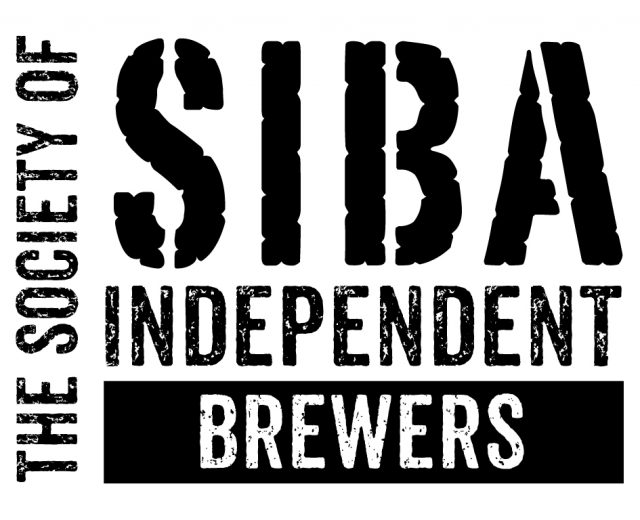This website uses cookies so that we can provide you with the best user experience possible. Cookie information is stored in your browser and performs functions such as recognising you when you return to our website and helping our team to understand which sections of the website you find most interesting and useful.
Industry responds to Chancellor Sunak’s Spring Statement: ‘missed opportunity’
The drinks and hospitality industry has responded to Chancellor Rishi Sunak’s Spring Statement made today in the House of Commons.
Responding to the Chancellor’s Spring Statement in the House of Commons today, Emma McClarkin, Chief Executive of the British Beer and Pub Association said the body was “disappointed” by the statement:

“We are very disappointed that the Chancellor decided not to extend the 12.5% rate of VAT for hospitality. The sector remains on a knife-edge as it emerges from the pandemic and the impact of the recent energy crisis and invasion of Ukraine has ensured the turbulent times will continue for pubs and brewers just as we had hoped to build the road to recovery. The coming months could be some of the hardest yet for our pubs and brewers*.
“The failure to act today represents a huge missed opportunity to help brewers and pubs in the face of sharp increases to the cost of living and doing business. The report we published last month set out the undeniable case for making the 12.5% rate of VAT permanent. The economic and societal benefits of making this change would be enormous and enable the tourism and hospitality sectors to truly act as an engine for the UK’s recovery as we look beyond the pandemic.
“We welcome the Chancellor’s announcement today to increase the Employment Allowance, the threshold for National Insurance contributions, the planned increase in the income tax threshold and the fuel duty cut. However, the fact remains that these will do little to help the bottom line for thousands of pubs and brewers around the country struggling with increasing overheads and concerned consumers.”
“In the Autumn Budget it is crucial that the punitive overall tax burden on our sector is addressed to reignite our industry with a long-term approach and vision for our sector recovery. This means business rates reform to reduce the disproportionate burden on pubs and implementation of alcohol duty reform proposals that supports Britain’s brewers, pubs and drives consumers towards lower-strength products.”
UKHospitality Chief Executive Kate Nicholls called the statement a “missed opportunity”:

“This is a real setback for thousands of UK hospitality businesses still suffering the devastating effects of Covid, and facing a tidal wave of rising costs. For many businesses, the removal of the lifeline of a lower rate of VAT might prove fatal. For a heavily, disproportionately taxed sector a return to 20% dashes the hopes that many businesses could begin to recoup some of the losses of the last two years.
“Operators in the sector – large and small – have several hurdles to clear on the road to recovery: huge accumulated debts; unprecedented rising costs for energy and raw goods; a chronic shortage of staff; and a fundamentally unfair and crippling business rates regime we’re desperate to see reformed.
“Locking in VAT at 12.5% would have given hospitality businesses a major boost, and helped the sector in its ambition to lead the UK back to post-Covid prosperity. As it is, thousands of jobs could be lost, the UK will remain uncompetitive versus international rivals, and already hard-pressed consumers in the midst of a cost-of-living crisis will see price rises in their favourite pubs, bars and restaurants, further fuelling inflation.
“Despite today’s disappointment, UKHospitality will continue to work closely with government to achieve the best possible trading conditions for the hospitality industry – which remains the sector best placed to turnaround the economy – and is buoyed by recent support for our 12.5% VAT call from a significant number of MPs.”
There were some more positive announcements, though Kate Nicholls said:
“The reform of the Apprenticeship Levy, to focus on improving productivity, is something on which we have lobbied Government for five years or more and will be widely welcomed by our sector. Additionally, the generous increase in the NIC threshold for employees is a very positive move and will boost disposable income, although extending that measure to employers would help hospitality businesses to recruit and retain talent.
“In short, the longer-term measures in the Chancellor’s statement will be positive for those businesses equipped to survive the coming months. However, the opportunity – primarily through retaining VAT at 12.5% – to help more vulnerable hospitality businesses navigate their way through to the autumn has sadly been missed.”
The Society of Independent Brewers said that businesses needed support in the present, not “aspirations for the future” in response to Chancellor’s Spring Statement:

“Today the Chancellor announced plans to help businesses in years to come, but these aspirations for the future are not the immediate support that struggling businesses facing closure need right now. The energy and supply crunch are an urgent and potentially devastating situation, with most small brewers seeing energy rising between two and three hundred percent – and vital business supples, from malt to beer cans rising exponentially.
Rising costs combined with Covid debt repayments mean businesses facing financial ruin and an uncertain future, with many unlikely to survive until the Autumn Budget.
While the fuel duty reduction will help businesses running vehicles, most small brewers are still waiting for the assistance promised a year ago under the Covid-19 Additional Relief Fund. This vital money is yet to be paid by local authorities and breweries do not receive the 50% discount for hospitality. In today’s announcement the Chancellor missed the opportunity to prioritise these payments and expand CARF for another year, to provide the support small businesses need now to survive.”
Other pledges made during the Spring Statement included a 5p a litre reduction in fuel duty for the next year, and a rise in the earnings threshold for national insurance contributions to £12,570 a year from July.
Related news
Bourgogne wine see global growth despite difficult market conditions

